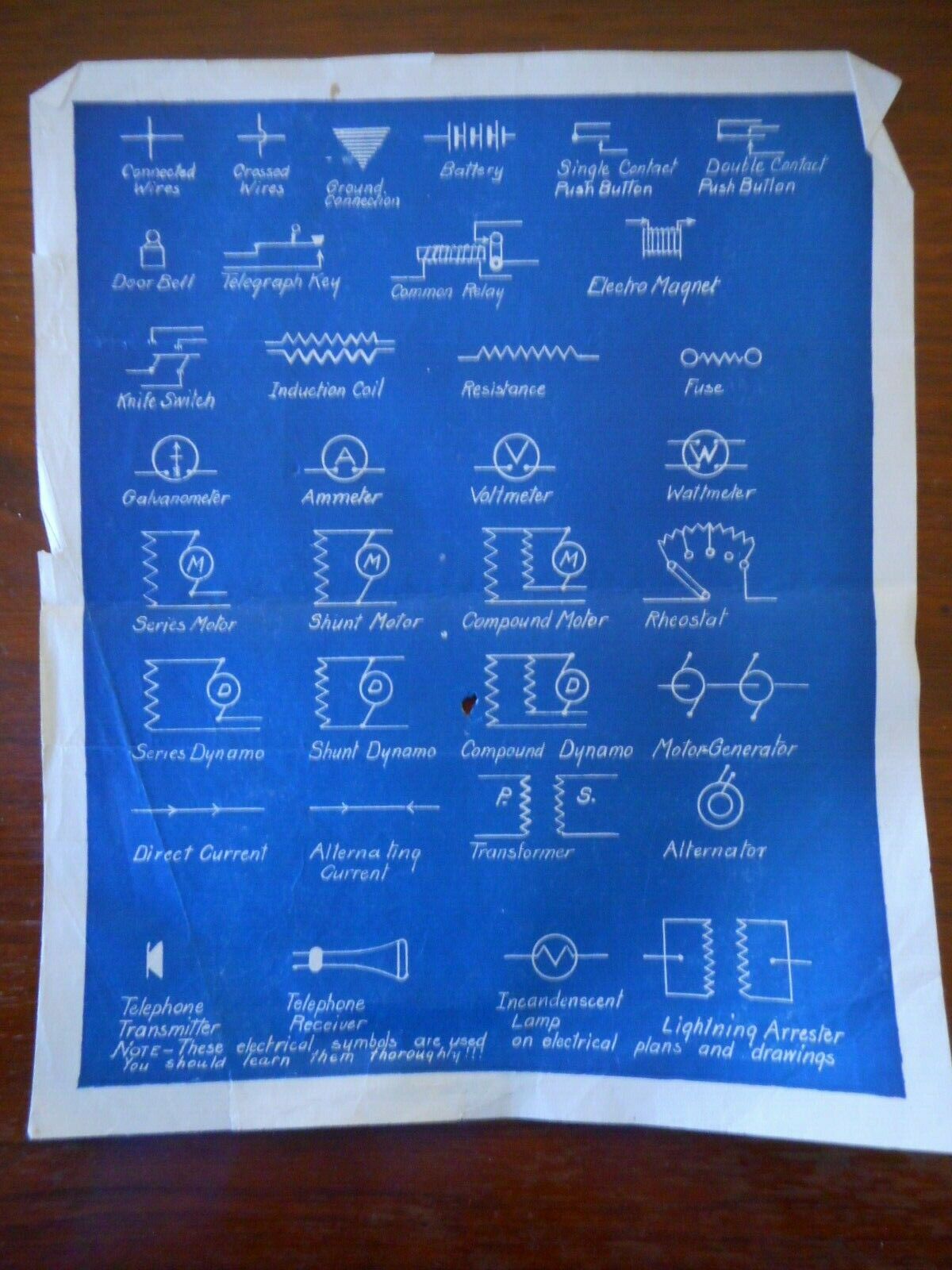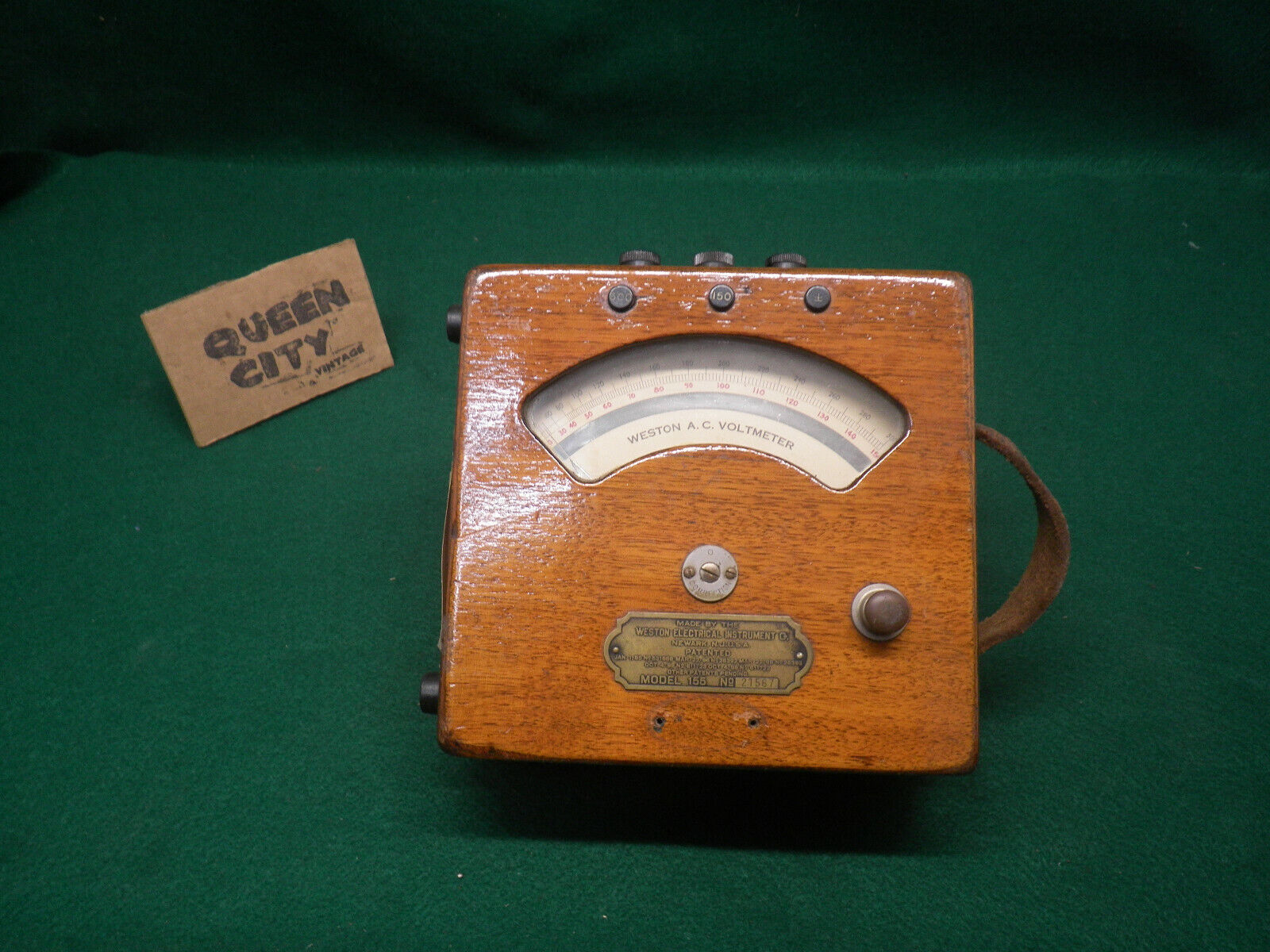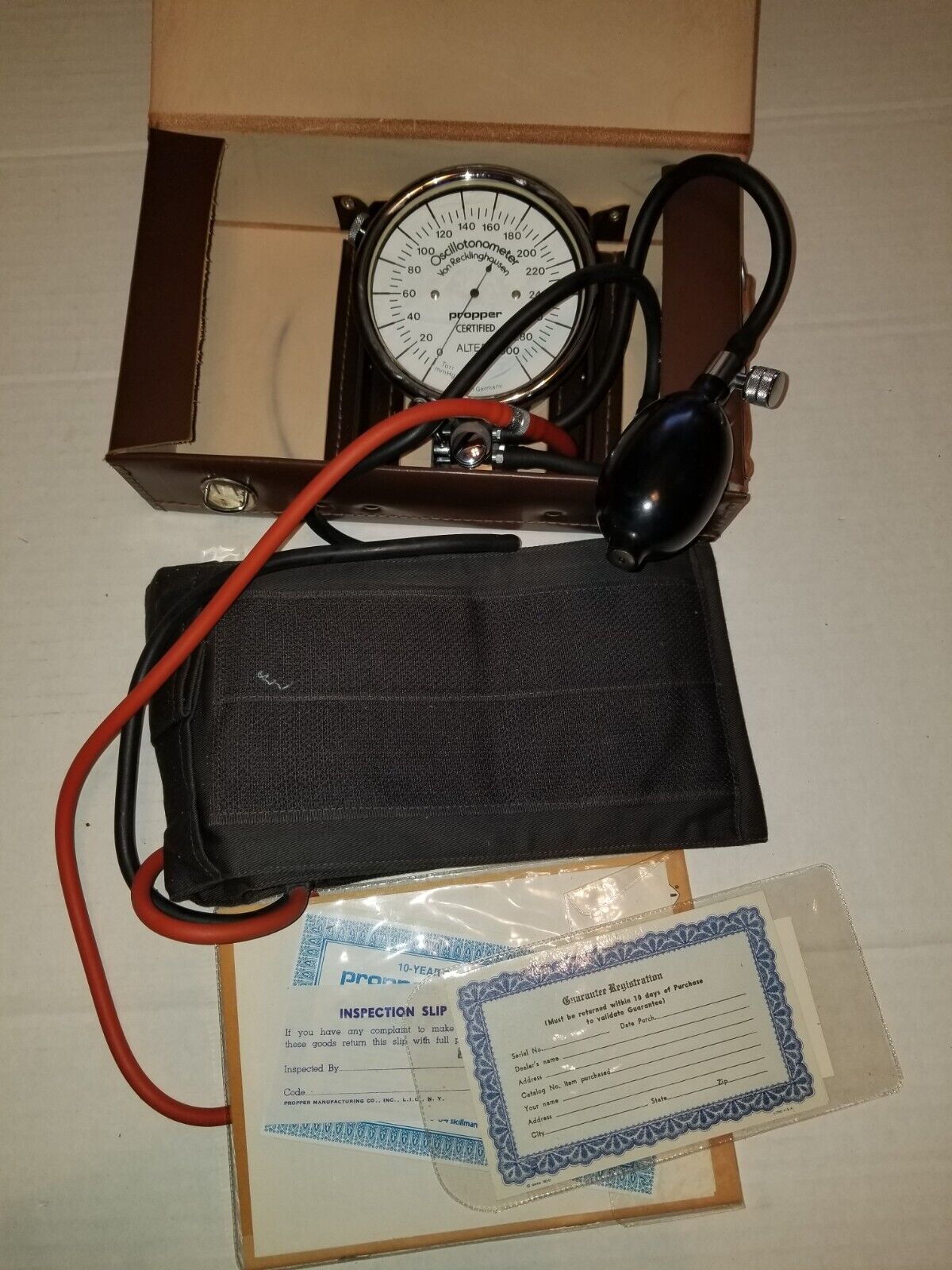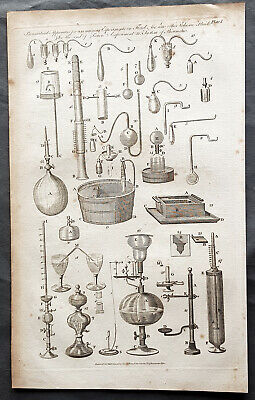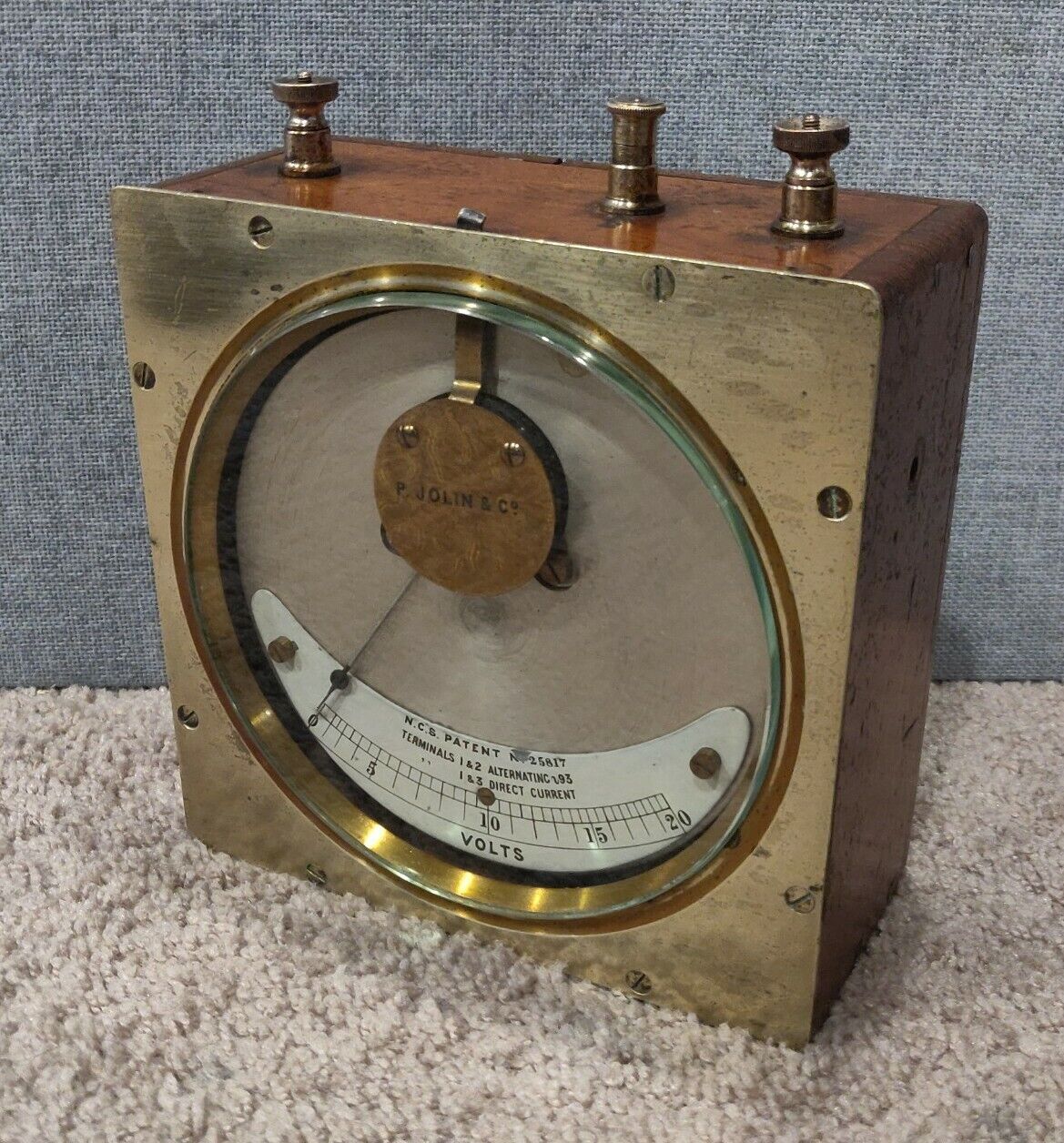-40%
Antique Steam Indicator Gauge Lippincott Newark NJ Locomotive Ship Wooden Case
$ 105.59
- Description
- Size Guide
Description
Antique Steam Indicator Gauge Lippincott Newark NJ Locomotive Ship Wooden CaseThis item is pretty much parts as some of it has been broken through the years. All pictures of actual item for sale.
Due to the collectable nature of this item, it is sold as is, no returns.
This item qualifies for eBay Fast N Free - 1 day handling and free domestic shipping with Fedex Ground to lower 48 USA. AK, HI, PR to pay actual shipping.
From the Smithsonian Collection description
The Lippincott Steam Specialty and Supply Co. manufactured this steam engine indicator, serial number 1380. It consists of a steel piston with two grooves and a bottom guide; a brass cylinder; an internal spring, which is missing; a small drum with a spiral spring and single record. The stylus is missing, but assumed to be a lead pencil point. Accompanying the indicator is a box with four springs, and extra piston, a wrench, reduction pulleys, record cards, and scales.
An engine indicator is an instrument for graphically recording the pressure versus piston displacement through an engine stroke cycle. Engineers use the resulting diagram to check the design and performance of the engine.
A mechanical indicator consists of a piston, spring, stylus, and recording system. The gas pressure of the cylinder deflects the piston and pushes against the spring, creating a linear relationship between the gas pressure and the deflection of the piston against the spring. The deflection is recorded by the stylus on a rotating drum that is connected to the piston. Most indicators incorporate a mechanical linkage to amplify the movement of the piston to increase the scale of the record.
When the ratio of the frequency of the pressure variation to the natural frequency of the system is small, then the dynamic deflection is equal to the static deflection. To design a system with a high natural frequency, the mass of the piston, spring, stylus, and mechanical linkage must be small, but the stiffness of the spring must be high. The indicator is subjected to high temperatures and pressures and rapid oscillations, imposing a limitation on the reduction in mass. Too stiff a spring will result in a small displacement of the indicator piston and a record too small to measure with accuracy. Multiplication of the displacement will introduce mechanical ad dynamic errors.
The parameters of the problem for designing an accurate and trouble free recorder are such that there is no easy or simple solution. Studying the variety of indicators in the collection shows how different inventors made different compromises in their designs.
We care enough to take multiple pictures of our items for sale and all pictures are of the actual item for sale. This item is ready to be shipped upon your purchase. Please email us if you have any questions on this item.
1006175
_gsrx_vers_856 (GS 7.0.20 (856))












